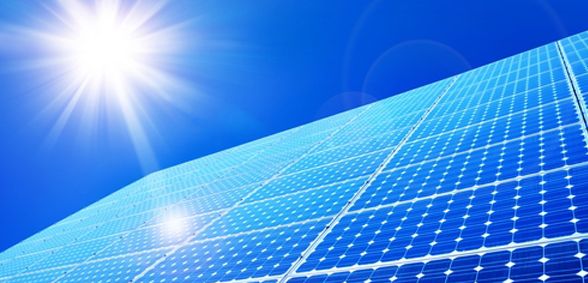
To invest or not to invest…This is one of the big questions when it comes to solar power in schools. Robert Schrimpff, CEO of Solar for Schools, breaks down the barriers holding schools back by doing a bit of myth-busting
When it comes to investing in solar for schools it’s important that you know the facts. There are four common misconceptions that we’d like to get off our chest, namely:
-
Solar panels mean free electricity and huge instant savings
When the UK government first introduced solar subsidies they underestimated solar panel costs. As a result investors could offer free electricity to schools from the solar panels they funded and the huge subsidies were enough to give investors double digit returns. If you were fast enough to take those offers you will have seen savings of between £1-6000 a year depending on system size.
Currently subsidies are less than 1/10 of what they were then – and falling by five per cent per a quarter. Subsidies are so low now that returns to most investment funds are insufficient even if the school paid full price for the green solar electricity from the panels. Hence, we are not aware of any commercial offers on the market anymore.
-
Solar power is no longer worth doing in the UK
Even if no savings were possible for a school in the short-term, longer-term, the savings can still be significant as mains electricity prices continue to rise at faster than inflation. After the initial capital has been re-paid savings from the panels will reach £2-10,000 per annum after the initial 20 year period, where total savings may only be £30k-£150k depending on system size.
Factor in the carbon reduction impact and education/social example and it is absolutely worth doing if it costs the school nothing and saves them money long-term. This is the case for about 60% of schools in the UK. The remainder could still go solar but would need to raise a few thousand from donations to ensure there are no costs to the school if they wish to make it happen.
You can check your school’s potential in a few seconds at solarforschools.co.uk
-
Owning the solar panels is better than letting investors pay for them
Historically the returns investors were making were often much higher than a school could borrow money at and, therefore, a school would have seen greater savings if they funded the system themselves – in particular, if funded from free capital such as donations.
On the other hand, with ownership comes responsibility. Although solar panels are very reliable, they should still be monitored, serviced and repaired quickly when they fail, to avoid loss of income. Often smaller systems funded though donations are not monitored, fail and nobody notices for years.
So, when considering the options, consider the costs of funding and equipment costs and don’t forget to factor in long term operating costs including monitoring and repairs. In some cases, you may be able to buy out the investors as you raise more money over time, or share in the profits of a system, giving you the best of both worlds: maximum returns, for minimum effort.
-
Better to wait and see what happens, rather than go solar now
Although solar panel prices have come down dramatically in price over the last decade the rate of reduction is slowing and the solar panel costs as a proportion of the total costs is now less than half.
Therefore, even if solar panel prices managed to fall another 10% a year for the next two years, the impact of total costs would be less than five per cent per year. In the meantime, subsidies are falling by five per cent per annum so it is very unlikely that returns will get better by waiting.
Furthermore, with the rate at which society is adding carbon dioxide to the atmosphere accelerating, holding back on cutting carbon emissions where it can be achieved at no cost makes little sense; better to lock in the existing subsidies as quickly as possible and start saving carbon emissions straight away.
